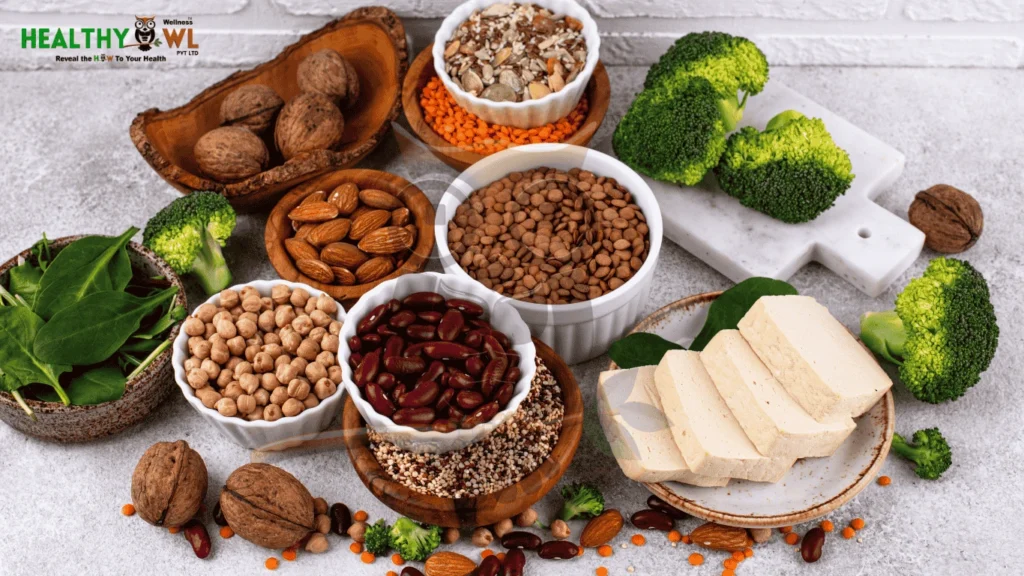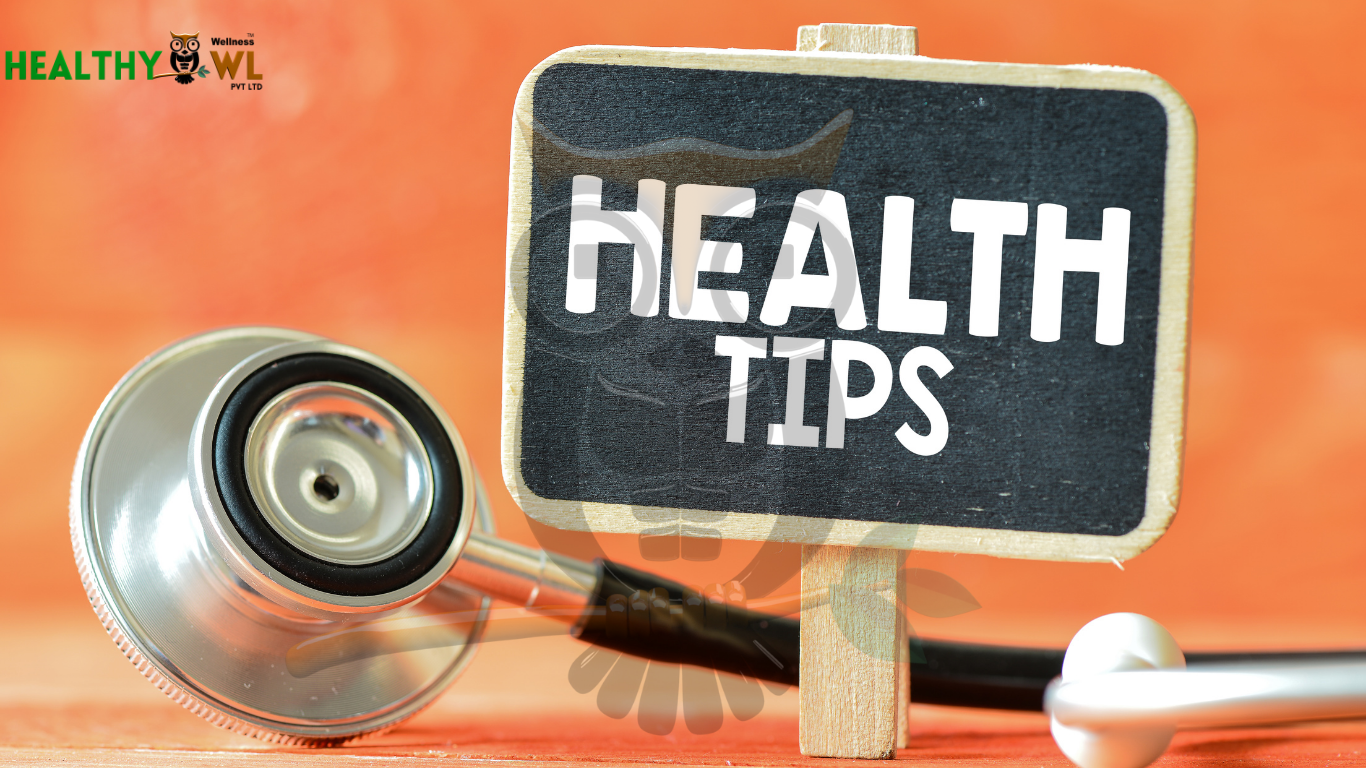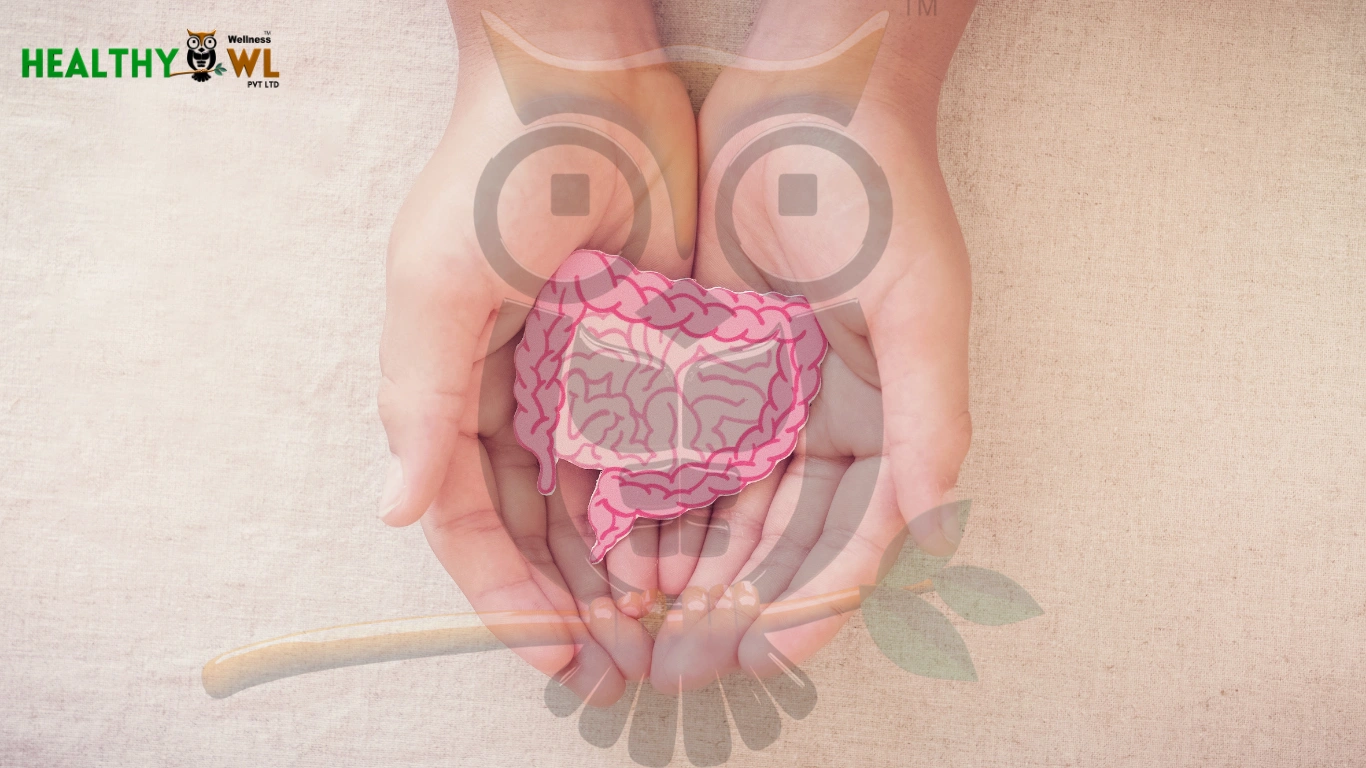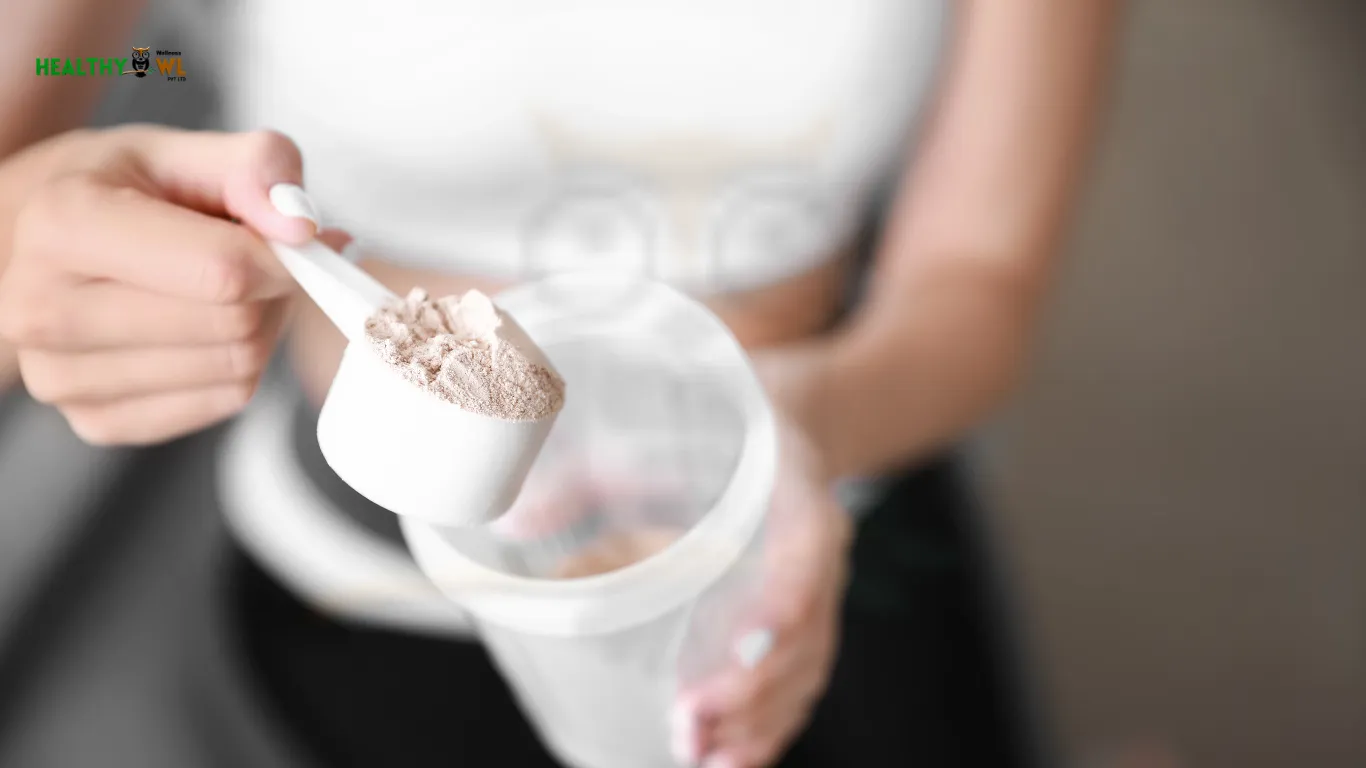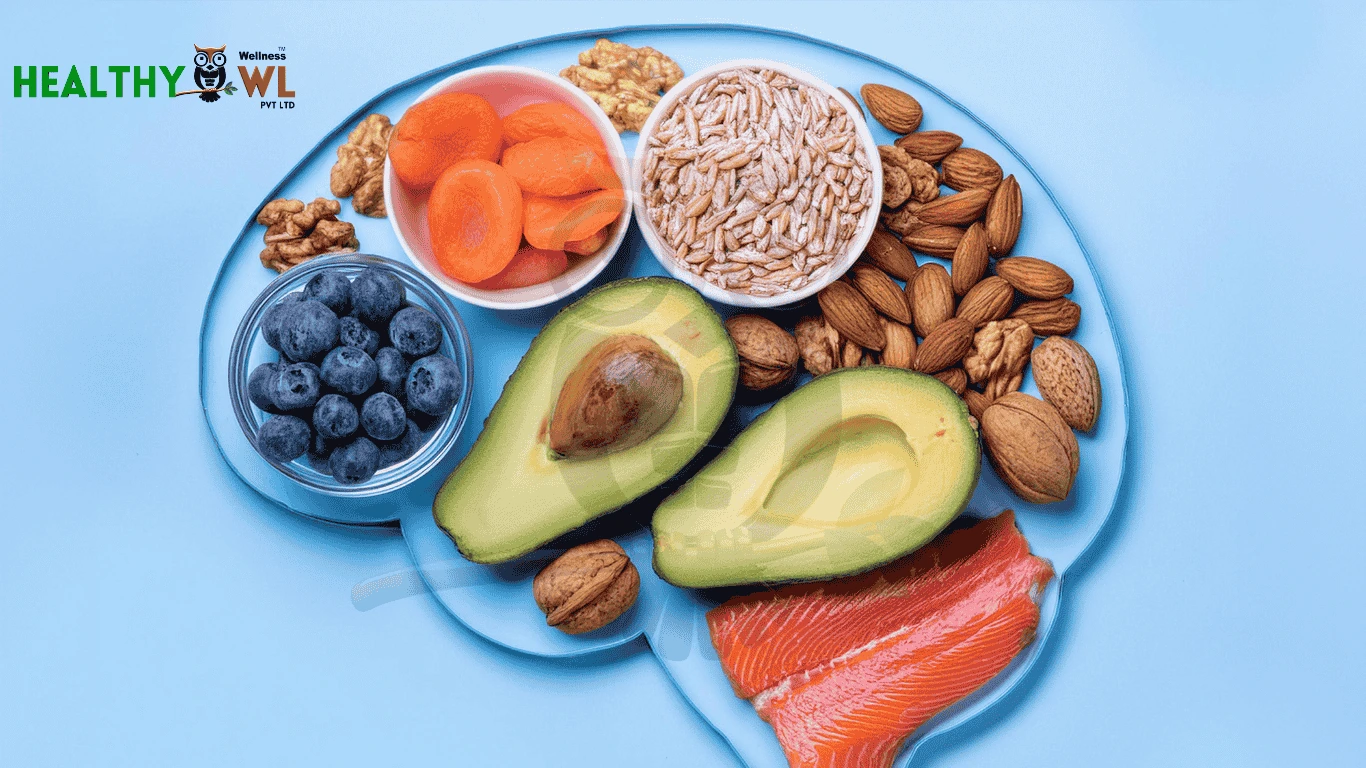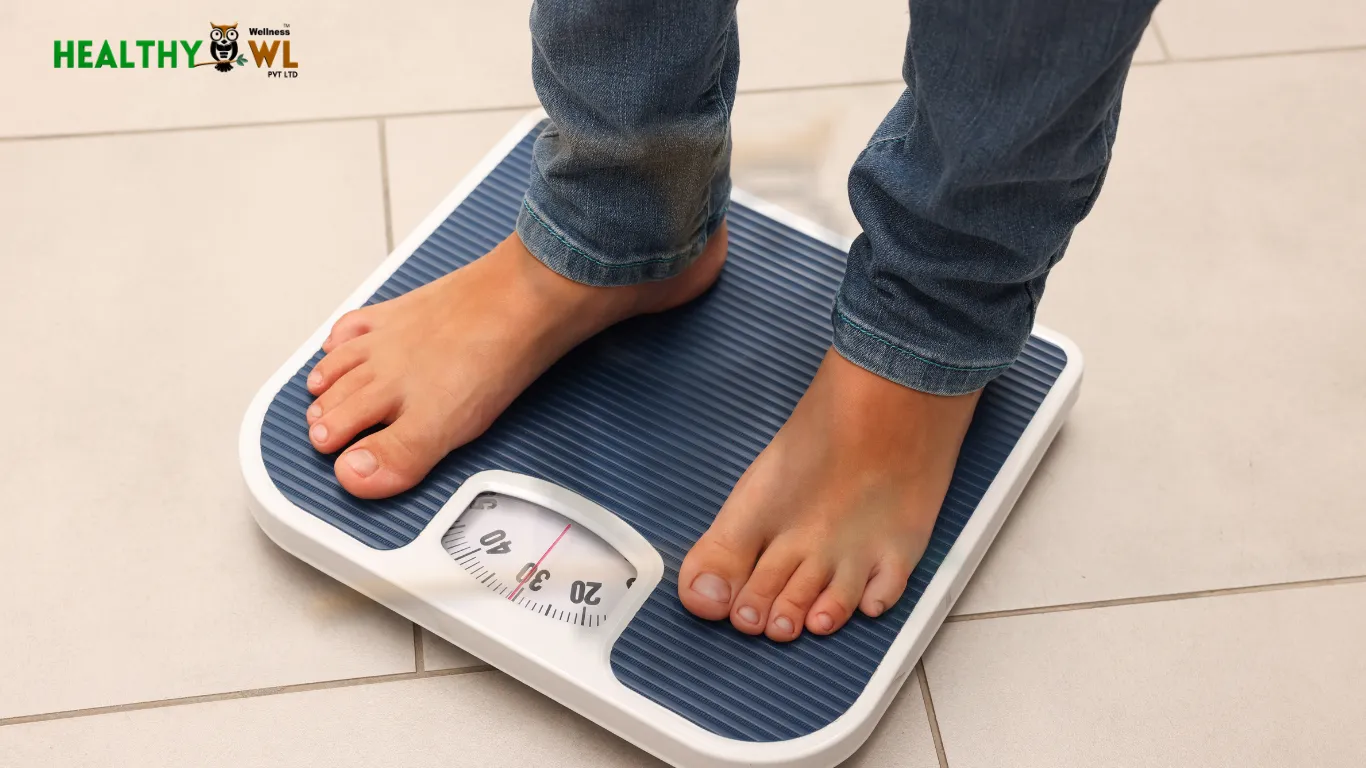Most women start their day with a breakfast that’s mostly carbs — chai + biscuits, poha, upma, bread, idli, cereal etc. While these foods may feel light and comforting, they can cause hunger spikes, cravings, mood swings, and afternoon energy crashes.
But research suggests there is a simple change that can dramatically shift how you feel all day:
👉 Start your day with at least 30 grams of protein.
This is known as the 30g Breakfast Rule, and it has been shown to improve appetite control, blood sugar stability, hormone balance, and metabolic health, especially in women.
Why Protein Timing Matters
Women often eat too little protein in the morning and too much of it at dinner. This imbalance can:
- Slow metabolism
- Increase cravings and overeating
- Reduce lean muscle mass
- Affect mood and energy
By front-loading protein (meaning: eating protein early in the day), you give your body a better foundation for stable energy and controlled appetite.
The Research Behind the 30g Breakfast Rule
1. Higher-Protein Breakfast Reduces Hunger & Glucose Spikes
A 2015 randomized controlled crossover trial (Nutrition Journal) found that breakfasts with 30–39g of protein led to:
- Greater satiety (you stay full longer)
- Lower blood sugar spikes
- Lower insulin response
Compared to a low-protein breakfast.
2. Protein Triggers Satiety Hormones
A 2013 study (PMC) showed that high-protein breakfasts activate hormones that signal fullness and reduce food intake later in the day — without conscious effort.
3. Women Consuming 30g Protein at Breakfast Meet Daily Protein Needs
A 2020 study in the Journal of Human Nutrition & Dietetics found that women who consumed ≥30g protein at breakfast met their total daily protein targets more effectively, which supports better metabolic health and muscle preservation.
4. Protein Helps Stabilize Stress Hormones
A PLOS ONE (2011) study showed protein-rich breakfasts lead to a more balanced cortisol response, supporting emotional well-being and stress management
Key Benefits of the 30g Protein Breakfast for Women
Here’s what happens when you start your day with a protein-powered breakfast:
1. Better Appetite Control
High-protein meals lower hunger hormones (ghrelin) and raise satiety hormones (GLP-1, PYY), helping reduce mid-morning cravings.
2. Improved Blood Sugar Balance
Protein slows glucose absorption, preventing sugar spikes and crashes — ideal for managing insulin sensitivity and energy levels.
3. Hormonal Stability
Protein at breakfast helps modulate cortisol and insulin rhythms, supporting hormonal balance and emotional well-being.
4. Enhanced Metabolism
Digesting protein burns more calories (higher thermic effect), boosting metabolic rate throughout the day.
5. Muscle Preservation & Strength
Crucial for women, especially post-30 or post-menopause, to preserve lean muscle mass and maintain healthy metabolism.
6. Better Mood & Focus
A protein-rich meal stabilizes neurotransmitters like serotonin and dopamine — promoting clarity, calm, and concentration.
7. Long-Term Weight Management
By keeping you full longer and reducing overeating, the 30g protein breakfast supports sustainable fat loss and body composition goals.
The 30g Protein Gap in a Typical Indian Breakfast
Most traditional Indian breakfasts are carb-heavy and protein-deficient. Here’s how the numbers compare:
| Food | Approx. Protein (per serving) |
| Poha | 4–5g |
| Upma | 3–4g |
| Idli + chutney | 2–3g |
| Paratha | 4g |
| Bread + butter | 3–4g |
| 30g protein breakfast | 30–32g |
Takeaway: You’d need 6–7 plates of poha to match one 30g-protein breakfast!
That’s why consciously adding high-protein ingredients — such as paneer, tofu, sprouts, lentils, Greek yogurt, or protein powder — is essential.
How to Hit 30g Protein at Breakfast
| Breakfast Idea | Approx Protein |
| 2 Moong Dal Chilla + 100g Tofu Bhurji | ~30g |
| Besan Chilla + ½ cup Greek Yogurt | ~28–32g |
| 1 scoop whey + 1 cup milk + 1 tbsp peanut butter | ~30–32g |
| 100g Paneer + sautéed veggies + chia water | ~28–30g |
| Greek yogurt bowl + hemp seeds + almonds | ~28–30g |
Tip: If time is short — whey smoothie is the fastest fix.
Evening Protein Intake: The Second Window
While front-loading protein in the morning is essential, adding 15–20g of protein in the evening can further support muscle repair and overnight synthesis — especially for perimenopausal or postmenopausal women.
Examples of evening protein sources:
- ½ cup Greek yogurt with seeds
- 100g paneer or tofu
- Moong or lentil soup
According to Mamerow MM et al. (2014, Journal of Nutrition), evenly distributing protein intake across meals helps maximize muscle protein synthesis and improve body composition — not just relying on dinner-heavy protein patterns.
Make it a Habit: Simple Implementation
- Think protein first, carbs second.
- Prep breakfasts the night before (e.g., tofu/paneer mix ready to go).
- Keep whey protein at home and at work.
- Track only the morning meal — not the whole day.
Small consistency beats perfect nutrition.
Conclusion
The 30g Breakfast Rule isn’t another diet hack — it’s a science-backed shift that realigns your metabolism, hormones, and appetite for the rest of the day. By starting your morning with a protein-rich meal, you reduce cravings, stabilize blood sugar, maintain muscle, support weight management, and feel more focused and energized.
This is not about restriction — it’s about fueling your body correctly so it can do what it’s designed to do: perform, heal, and feel well.
Remember:
- Start your day with 30g protein
- Stay consistent for at least 3–4 weeks
- Notice the difference in your hunger, mood, and energy
Small changes → Big metabolic shifts.
How Healthy Owl Wellness Helps You Implement This
At Healthy Owl Wellness, we help women reclaim their health and vitality through personalized nutrition and holistic wellness programs.
Whether you want to:
- Balance hormones naturally
- Reverse lifestyle fatigue
- Improve metabolism
- Lose weight without crash diets
Our experts craft meal plans, gut-reset programs, and hormone-balancing guidance tailored just for women.
🌿 Start your transformation today — because your morning meal can change your entire day.
👉 Book an appointment today and explore to more science-backed wellness tips.
FAQs
1. Is 30g protein at breakfast necessary for everyone?
Not mandatory — but highly beneficial for women with:
- Weight loss goals
- PCOS / thyroid / insulin resistance
- Cravings or emotional eating
- High stress or fatigue patterns
2. Will too much protein make me gain weight?
No. Protein promotes satiety and muscle preservation, both of which support healthy fat loss.
3. What if I don’t feel hungry in the morning?
Start with a lighter form of protein, like a warm whey latte or Greek yogurt bowl. Appetite adjusts within 7–10 days.
4. Can I do this without whey protein?
Yes — paneer, tofu, dal chilla, beans, sprouts, and Greek yogurt all work.
Whey is just a convenience tool, not a requirement.
5. How quickly will I see results?
Most women report:
- Reduced hunger in 2–4 days
- Better energy in 1 week
- Visible fat-loss changes in 3–6 weeks (with consistency)
Key Takeaway
If you change one thing in your morning routine — let it be this:
Eat 30g protein at breakfast.
It’s a science-supported metabolic reset switch that improves hunger control, hormone balance, energy, mood, and long-term weight management.
References
- Leidy HJ et al., Nutrition Journal (2015). PMC4334852
- Leidy HJ et al., American Journal of Clinical Nutrition (2013). PMC3718776
- Tieland M et al., Journal of Human Nutrition & Dietetics (2020). PubMed: 33190355
- Gibson EL et al., PLoS ONE (2011). 10.1371/journal.pone.0016826
- Mamerow MM et al., Journal of Nutrition (2014).
- Dhurandhar EJ et al., Current Nutrition Reports (2022). ScienceDirect


